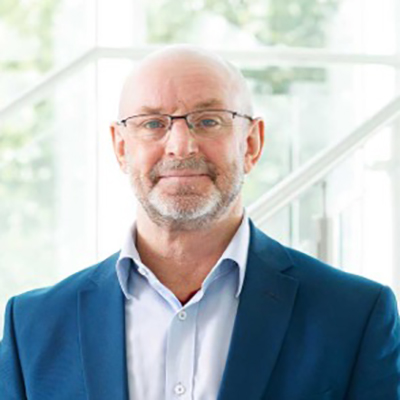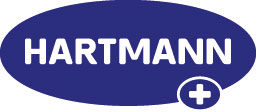Ian Chetter

Ian was appointed as the Professor of Surgery at Hull York Medical School /University of Hull and Honorary Consultant Vascular Surgeon at Hull University Teaching Hospitals NHS Trust in February 2011. He qualified from University of Leeds Medical School in 1990, and completed his basic and higher surgical training in Yorkshire. Funded by a Northern and Yorkshire Research Fellowship, he obtained MD from the University of Leeds and was awarded a Hunterian Professorship from the Royal College of Surgeons of England in 2000. Following a 12 month Vascular Fellowship in Adelaide, Australia funded by an Ethicon/ Peter Clifford Fellowship in 2002/3, Ian returned to the UK to be appointed Senior Lecturer at the Academic Vascular Surgical Unit in Hull.
Currently, he serves as the President of the Vascular Society of GB&I and has previously held executive committee roles including Chair of the Research Committee. He was the first Royal College of Surgeons Surgical Specialty Lead for Research in Vascular Surgery and a recipient of an NIHR Senior Investigators Award.
In addition to his organizational roles, Professor Chetter is the Editor in Chief of the Journal of Vascular Societies GB&I. He also contributes to the National Institute for Health Research (NIHR) as a member of the Prioritization Committee, is an examiner for Intercollegiate Speciality Exams in Vascular Surgery and is a member of the Scientific Committee for the Wounds Research Network.
His research interests include Health Services Research, New and Emerging Technologies in arterial and venous disease, wound healing, surgical site infection, and molecular biology of aneurysmal disease. He also explores translational research in therapies for intermittent claudication and educational research on the value of endovascular simulation.
Professor Chetter has been involved in numerous successful and ongoing NIHR programme awards, including as lead applicant for an NIHR Health Technology Assessment (HTA) SWHSI 2, focusing on the effectiveness and cost-effectiveness of Negative Wound Therapy versus usual care for surgical wounds healing by secondary intention.
Presentation at The Society of Tissue Viability 2025 Conference
Evaluating extracorporeal shockwave therapy for diabetic foot ulcer healing
The presentation is aimed at:
Healthcare professionals involved in DFU care
Learning points
- Current evidence base of ESWT in DFU care
- Outcomes of different ESWT doses in DFU healing, based on pilot trial data
- Barries and facilitators for patients and clinicians in DFU research
- Early economic modelling suggesting the potential cost effectiveness of ESWT
Abstract
Background: There is an urgent need for effective interventions to aid diabetes related foot ulcer (DFU) healing and prevent major lower limb amputations. Extracorporeal shockwave therapy (ESWT) is a non-invasive adjunct which developing evidence suggests could improve DFU healing.
Methods: A systematic review (SR), pilot randomised controlled trial (RCT), qualitative study and economic evaluation.
Results: SR: extracorporeal shockwave therapy (ESWT) may be clinically effective in healing DFU, however there is significant bias and heterogeneity in the published literature.
Pilot RCT: the proposed full trial design is deliverable. The secondary outcomes suggested that high dose ESWT was associated with improved healing at 6 months, compared to low dose or sham ESWT.
Qualitative study: barriers to patient participation included alienation due to negative interactions with healthcare, having multiple debilitating co-morbidities and facing discrimination in the workplace. This will help in tailoring future trials to suit their needs. Facilitators included desperation for healing and an easy to participate in trial, in terms of appointments and method of data collection. For clinicians barriers to research were time consuming screening methods and facilitators included having a multidisciplinary team.
Economic evaluation: ESWT is the dominant (more cost effective) treatment strategy compared to low dose and standard care alone. The value of information analysis suggested further research, up to the cost of £25 million, would be value for money and further research should focus on the effectiveness of ESWT and the QALYs associated with different health states.
Conclusions: Future research on ESWT for DFU is necessary and deliverable.
Presentation at the WReN Scientific Meeting, Glasgow, May 2022
New Trials – funded and in development – collaborative working
Objectives
After attending this session, persons will be able to:
- Raise profile of new wounds research
Abstract
An update of trials (recently funded and recently deveoped) in wounds research facilitated by collaborative working














